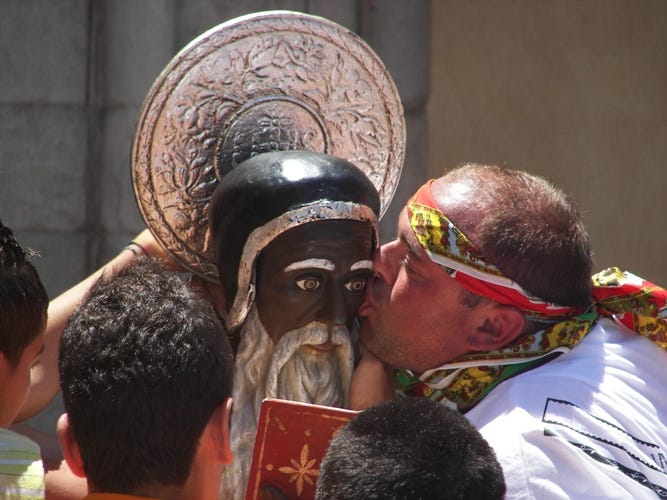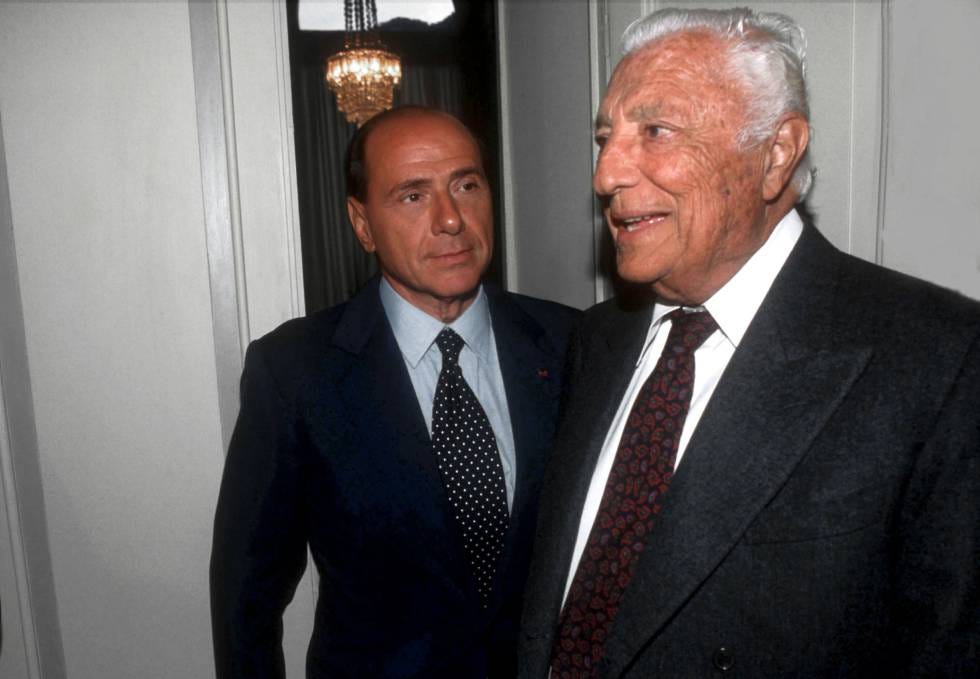When writing about Sicily, make sure you get the names right, I was told by one of my helpful Italian relatives, who speaks with authority, being of Sicilian extraction. This, like the food contributing to a Sicilian atmosphere, adds to the verisimilitude of fiction.
Just as Italian cooking is regional, so are Italian names. This applies to both Christian names and surnames. For example, the name Fisichella is Sicilian; there are several people in public life in Italy with that name, and at least one, Archbishop Rino Fisichella, was born in Lodi, but his parents or grandparents must have been Sicilian. Another typical Sicilian name is Camilleri, as in the famous author (a name found also in Malta), and another is Bonelli (a name similar to a Maltese surname, Bonello.) After a time living in Italy you can place people’s origin by their surname. The same is true of the United Kingdom as well, after all.
But in Italy it goes further. If you are called Luca you are usually from Rome; if your name is Maurizio, you are from Turin, and if you are called Gennaro, you must come from Naples. Maurizio and Gennaro are patron saints of their respective cities. But Sicily takes this even further.
There are many wonderful Sicilian saints names. The one I have given to my hero is Calogero, a name I first heard in Rome many years ago and which I registered then as highly unusual. English readers may well think so, and most will hesitate over the pronunciation. Calogero was the name of the famous boss don Calogero Vizzini, but it is also the name of much loved saint. Saint Calogero lived in the sixth century, and his name is of Greek origin from the two words ‘good’ and ‘old’, kalos and geron. His shrine is in Agrigento.
Another typical Sicilian name is Salvatore, but it is quite usual in Sicily for people to be known as Turi, the diminutive, or Turiddu, which is a double diminutive of Salvatore. You may remember that the hero of Pietro Mascagni’s Sicilian opera Cavalleria Rusticana is called Turiddu, and that name roots the action in Sicily. I have called one of my characters Turiddu for the same reason.
Some of these diminutives are a little hard to get one’s head around. Francesca becomes Cecca, then becomes Ceccina; Antonio can become Antonello, or sometimes Tonino. I am advised that Antonello is a typical Sicilian name, while Tonino is common all over Italy. I have also called one character Pio, known as Piuccio, which I think most English people will never have come across. If a Sicilian is called Raimondo, Raymond, he will often be known as Munniddu, which I think is the perfect name for a thug. Alfonso becomes Fofò, which has a pleasantly comic ring.
Another aspect of Sicilian life is the use of nicknames and soubriquets, though this is common throughout Italy. Most Italians in conversation will talk of ‘il Cavaliere’ (the knight) rather than use the name Silvio Berlusconi. The great industrialist Gianni Agnelli was simply ‘l’Avvocato’ (the barrister). As is common with gangsters all over the world, the fearsome Totò (that is another diminutive for Salvatore) Riina was sometimes known as ‘la Belva’, the beast, because of his savagery, and sometimes ‘U Curtu’, the short one, Shorty. That nickname is in Sicilian dialect. In standard Italian it would be Il Corto, but Sicilian speech flattens the ‘o’ into a ‘u’ (as does the Maltese language). Another fearsome man from Corleone, Bernardo Provenzano, was known as ‘Binnu u tratturi’ (Bernie the tractor) for his habit of mowing people down, though he was also known, confusingly, as ‘il Ragioniere’ (the accountant) because he preferred money to violence. This is all well and good, but it does not translate to fiction at all, because there is nothing more annoying than reading a book where a character goes by multiple designations and you end up not remembering who is who.
Incidentally, Sicily is home to a considerable immigrant population, which is a recent development. It is quite common in Italy to translate names. Hence people talk of Thomas More as Tommaso Moro, and Anne Boleyn as Anna Bolena. Two of my characters are from Eastern Europe, and Trajan becomes Traiano, and Pawel becomes Paolo. Sicily takes names and makes them her own.



